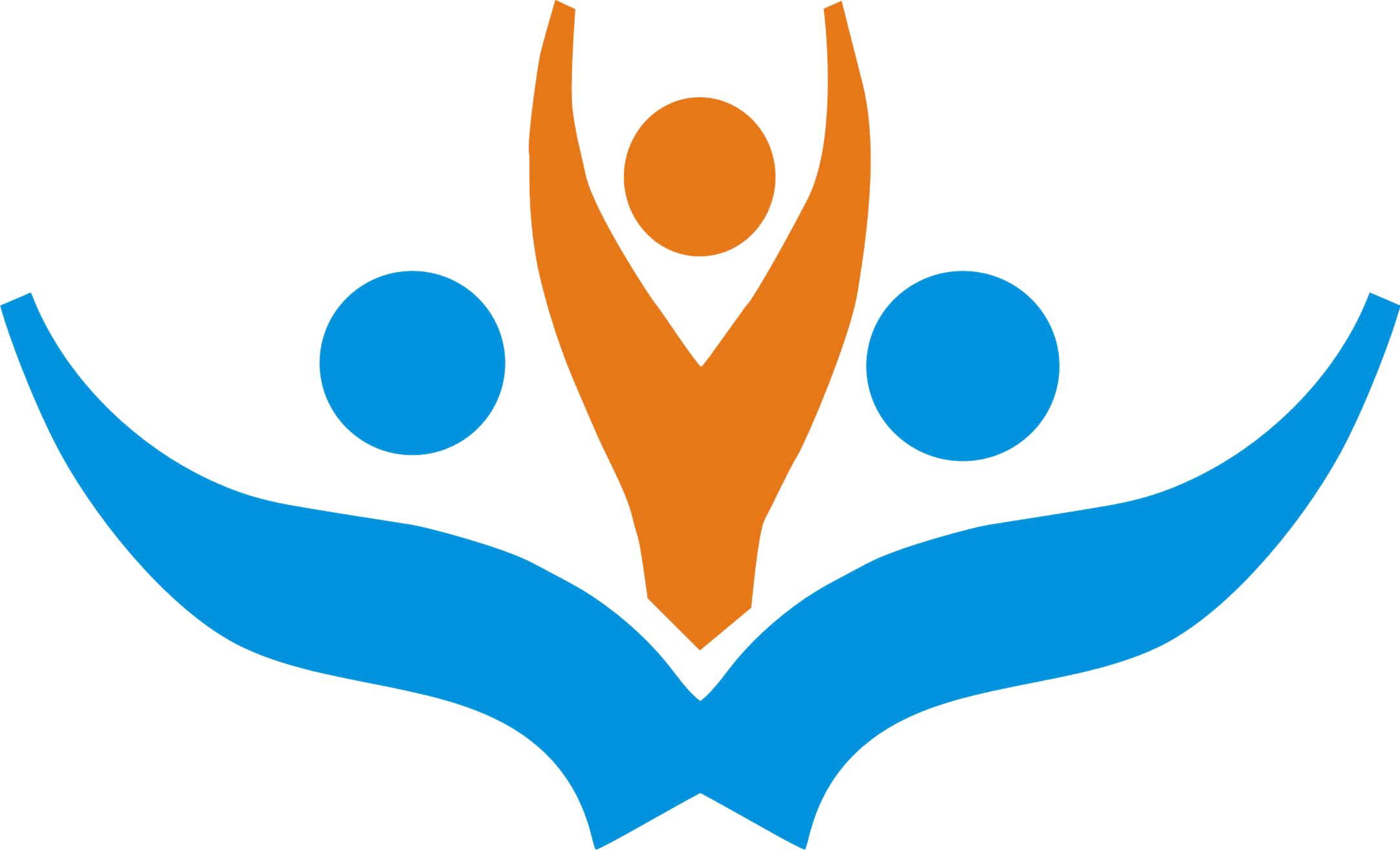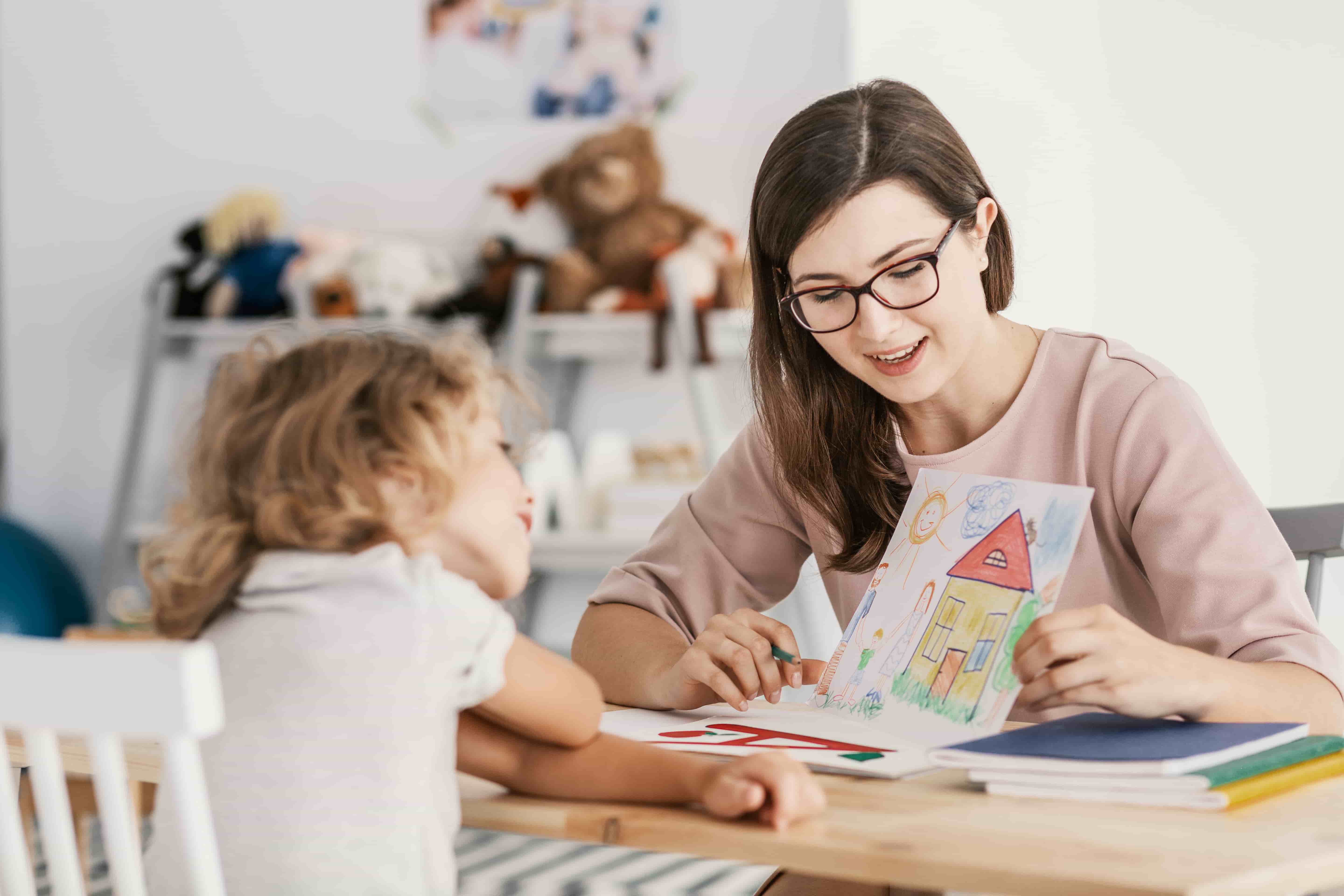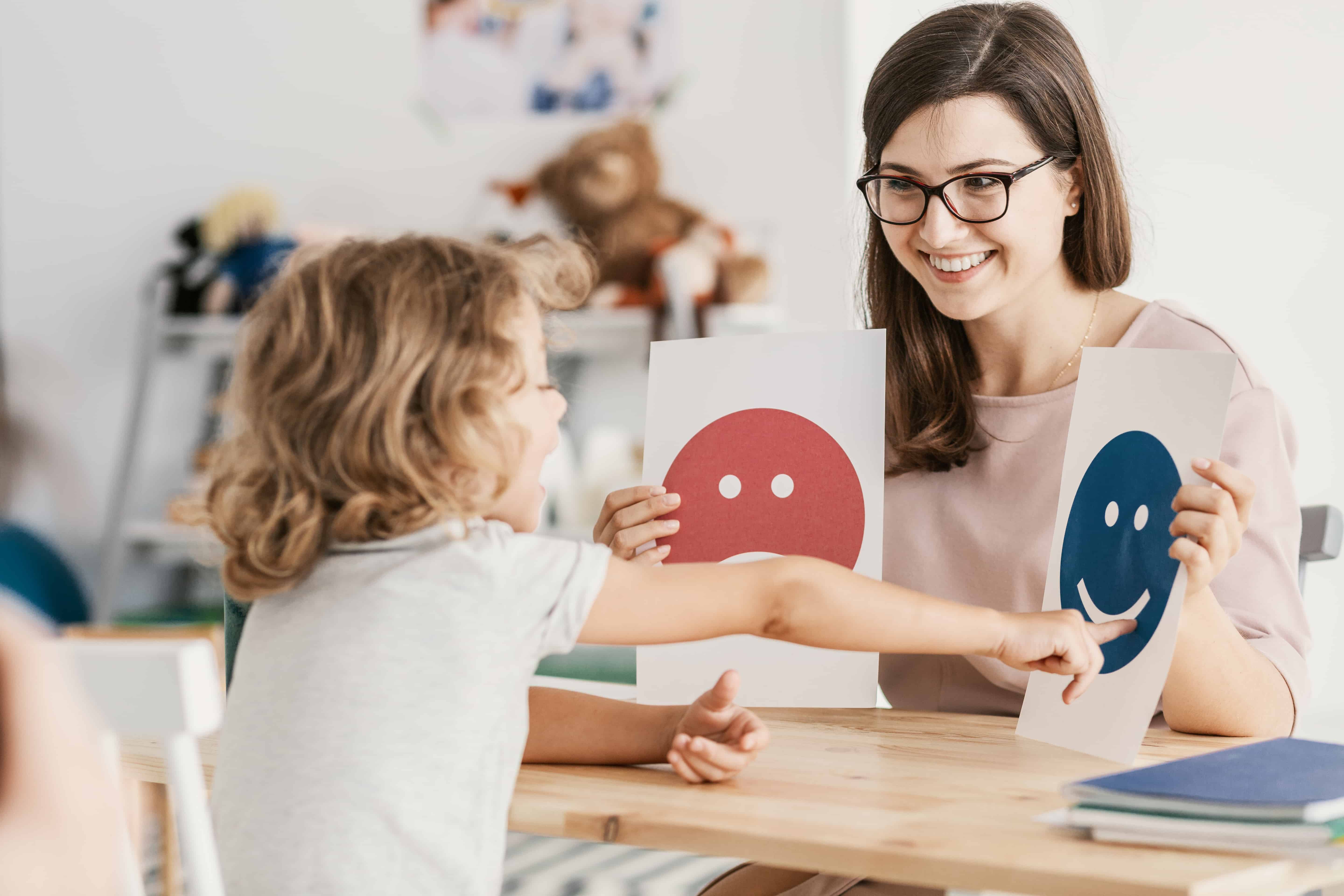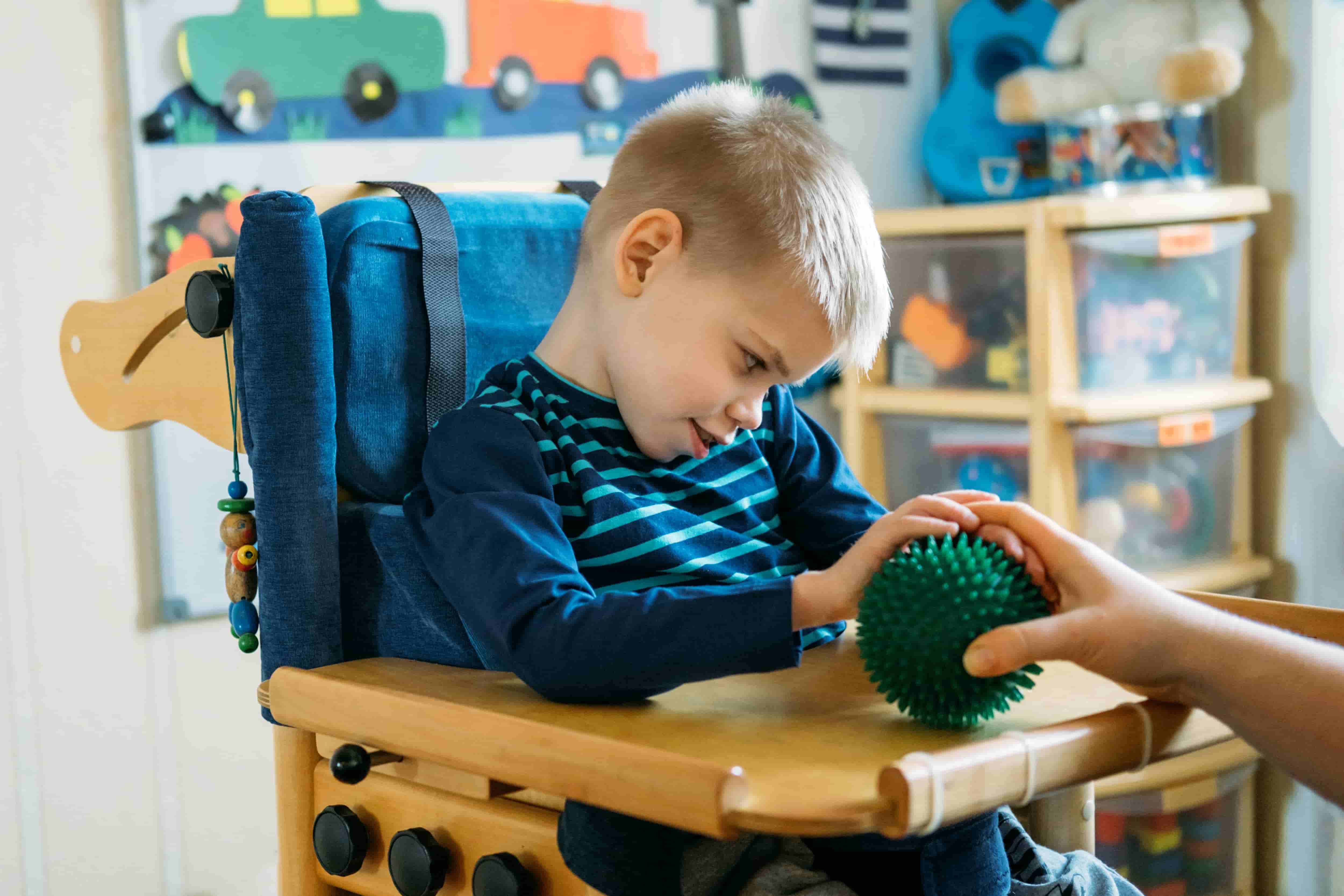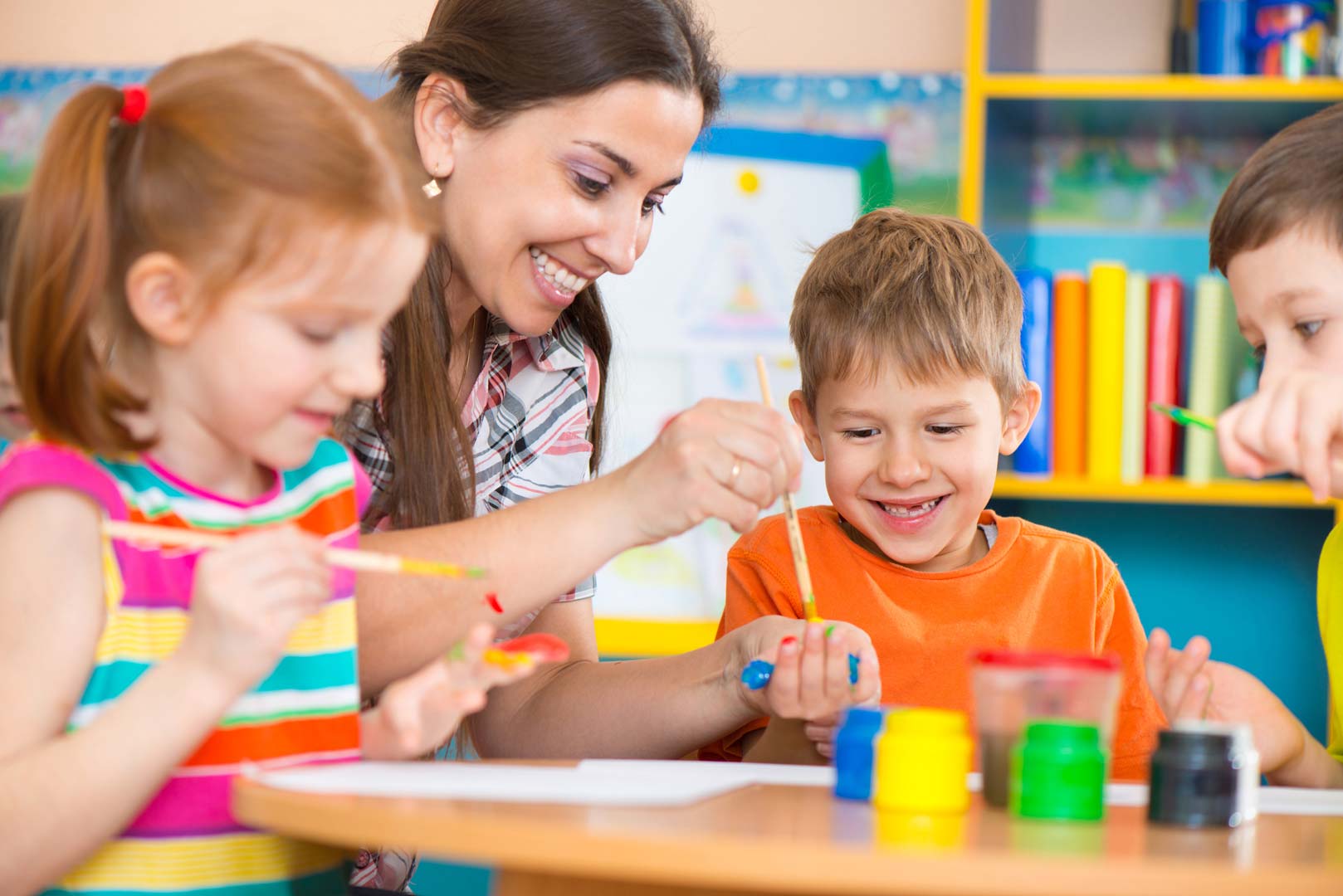
Effective methods to meet the needs of children with ADHD
Being a parent can be difficult in the most ideal circumstances, however if your child is suffering from ADHD (Attention Deficit Hyperactivity Disorder), the burden of working out the most effective way to parent your child, deal with their way of behaving and their mental wellbeing can be overwhelming at times.
ADHD is a neuro-behavioral syndrome characterized by inattention, impulsivity and/or hyperactivity that interferes with functioning or development. A child with ADHD may be quickly distracted, commit reckless mistakes, fail to remember things, experience difficulty following instructions, or jump from one activity to another without completing anything.
Every child is unique and encounters ADHD in different ways, similar to the way that every adult is unique and has an individual style of parenting. With each child being unique and having different needs, there is help available with agreed methods that have been shown to be more effective at meeting the needs of children with ADHD and their behavioral traits, making parenting task a lot easier.
Children who exhibit ADHD symptoms are more likely to struggle with:
• Emotions
• Family Relationships
• Behaviors
• Self Esteem
• School
• Friends
Confused parenting might increase the risk of developing ADHD, however the connection between ADHD and parenting may result from both negative aspects of the child impacting the parents’ way of behavior, as well as the parents affecting the child’s way of behaving. The behavior of parents who are more demanding, aversive, negative, controlling, objecting, power assertive and less compensating has been shown to intensify side effects of ADHD.
Few things parents can do to help their child with ADHD include:
1. Converse with your child when they are quiet and work out what sorts of things calm them down. Is there some music or a specific sound they like to listen to? Or on the other hand any activity they find relaxing, such as having their hair brushed, mixing something or coloring.
2. If your child tells you they are stressed over something, or is feeling terrible about something, take the time to listen to them and work together to come up with an arrangement to manage their feelings of fear. Asking them to calm down is unlikely to help.
3. In the event your child has a complete implosion or an anxiety attack due to something that you might consider relatively immaterial, give them some space to calm down. Once your child has calmed down, converse and urge them to think about their response and how they could possibly recognize when those feelings are beginning to arise and how they could have the option to prevent those feelings from intensifying.
4. Children keep learning how to manage their emotions and their emotional responses from parents. Try to stay calm, positive and in control. Do not take their behavior or responses personally. Often when our restless ADHD child attacks us, it’s not really a result of something we have done. It is essentially on the grounds that they have a solid sense of security with us and they can at last let their feelings out.
5. Consider taking some outside help by talking to your family Doctor, a therapist or pediatrician in the event that you want assistance in dealing with your child’s ADHD. It very well may be useful so that both you and your child could see a therapist, independently, for help and directions.
There’s no cure for ADHD. It is a long-term chronic condition for some children with the disorder. ADHD improves as they grow up. Ultimately, it’s not about techniques, it’s about our attitude towards them. A heart full of unconditional love and affection reduces shame, elevates self-esteem and grows up to develop healthier, happier children.
Chetna Foundation helps parents with info, interactive tools and therapy guides to assist you with raising your child with ADHD.
| Tweet |
